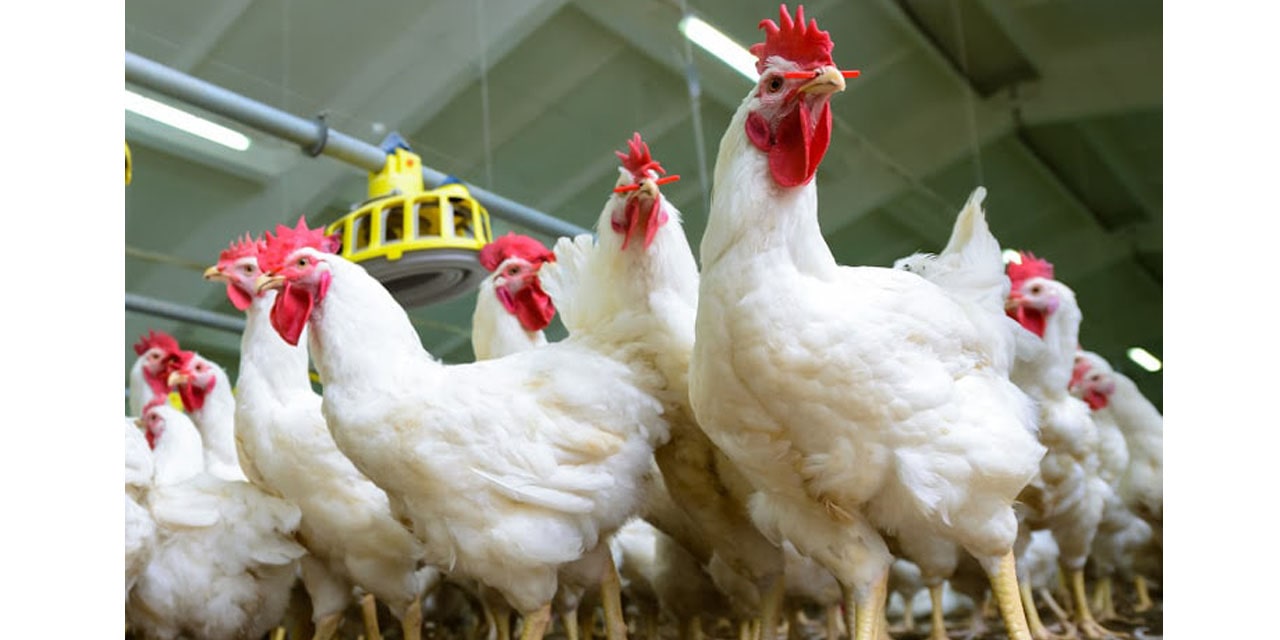Hertta-Maria Amutenja
The Namibian government has approved poultry imports from the United States, allowing U.S. exporters to ship fresh, frozen, and chilled chicken to Namibia starting 1 July.
According to the ministry of agriculture, water and land reform, the approval followed a veterinary risk assessment focused on animal and public health.
The ministry said the decision is based solely on sanitary standards and not linked to trade or economic policy.
“The decision to allow imports is based on compliance with Namibia’s sanitary measures rather than on timing considerations,” said ministry spokesperson Simon Nghipandulwa.
The import permits were issued under the Animal Health Act of 2011, which governs the entry of animals and animal products into Namibia.
“The issuance of veterinary import permits follows a risk assessment for zoonotic and poultry diseases,” Nghipandulwa added.
Namibia had banned poultry imports from the U.S. in May 2023 following outbreaks of highly pathogenic avian influenza in several American states.
The ban was lifted after the U.S. department of agriculture’s food safety and inspection service provided updated disease control certifications.
These documents cleared eligible producers to export to Namibia once again.
Nghipandulwa said the ministry was not required to consult the local poultry industry before making the decision.
“Sanitary measures fall under the sole responsibility of the competent authority as provided for by the animal health act. This should not be confused with quantitative restrictions imposed by other institutions for industry protection under frameworks such as the Livestock and Livestock Products Board of Namibia Act, under which poultry is a controlled product,” he explained.
With the new approval, the U.S. joins Brazil and South Africa as major poultry exporters to Namibia.
Customs data shows that Namibia imported over 5,000 metric tonnes of poultry in 2024.
Local producers have repeatedly warned that imported poultry, especially those from subsidised economies, threatens domestic production.
The industry has previously called for restrictions and support to increase local output.
However, the ministry emphasised that sanitary decisions must remain separate from trade protection measures and be based only on disease risks.
The ministry said the approval reflects the government’s commitment to international animal health standards and legal obligations under domestic law.




